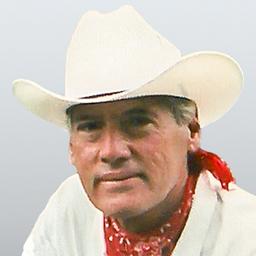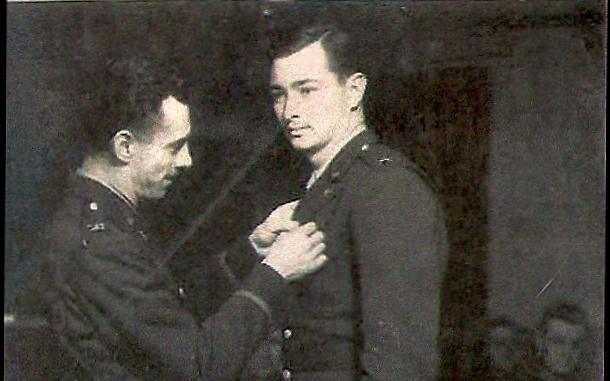BSAC stands for the British Sub Aqua Club. SSAC is the abbreviation for the Scottish Sub Aqua Club. While both venerable organizations form the structure for dive instruction in their namesake nations, the word ‘club’ remains a key element in their teaching programs. Scuba diving is a lifelong activity. It is really not a sport, rather an intellectual pursuit of knowledge.
Surely anyone that has donned tank, weights and had to swim against a current to return to the dive boat will agree that some aspects can be strenuous. The objective is to achieve discovery of the underwater world. Scuba diving in the US began without real organization. Equipment was imported from France. Entrepreneurs bought air compressors to fill tanks and opened dive shops. They began small, often in garages and sheds.
I remember the words spoken long ago by Bob Tseng, who with his wife Cynthia, opened the Westchester Dive Center on the second story of a building in Portchester, New York. “I only had a small Bauer compressor. It took a long time to fill a tank. I will always appreciate those divers that were loyal to me in the early days and remained patient customers until we grew our business.” Bob and Cindy eventually created a state-of-the-art dive business in another location after a tragic fire destroyed their entire inventory in the old store.
A key element to their early success was customer loyalty and their loyalty to their customers. They had me speak and show slides for their diving club. They offered Christmas parties and events. Their lives became socially focussed on the people they met through diving and their customers. The store organized dive trips to Caribbean locations.
Skip Commagere, another dive store pioneer, came to Florida in the 1970s. He was a dive instructor through the now defunct National YMCA program. He and his wife decided there was a need for a new approach to the diving business. There was the sale of equipment of course, the mainstay of retail trade, compressors to fill tanks and evolution into Nitrox mixed gas equipment. Instruction played an important role in Skip’s business plan.
“I never wanted to get into dive boats. That is something apart and I leave that to experts in running dive boats that we use and charter. We decided on a different approach that offers customers service. We have three stores in Riviera Beach, Pompano and Boca Raton. They are complete, full-service stores. They are not mega-stores and not the fanciest dive stores. They all provide excellent service,” Skip said.
The concept Skip held to was akin to the obvious postulate: ‘Keep customers diving.’ To do that there had to be reinforcement and encouragement as well as activities. Lynora Mae was a driving force behind a local dive club. Eventually the hard work became overwhelming and she sought out Skip to take over the club, provide a meeting place and integrate the members into their own club activities. Skip’s ‘club,’ made up of his customers and the general public, grew. They organized dive trips abroad, local dives, meetings and entertaining programs.
I had to ask what Skip’s unusual name for the stores meant. “Force-E for Force Excellence.” Skip means it. He strives in every way to make his company receptive to community action programs that enhance diving.
“The Blue Heron Bridge has become a national treasure. It is probably the most dived spot in Florida. We obtain permits for night-dive parking and give them to people that want to dive. We are open early and late at our Riviera Beach store so divers can get their tanks filled. We were activists and a driving force for the artificial reef program that saw structures put down to attract marine life. Underwater photographers have realized amazing shots of frog fish, sea horses, baby octopus, juveniles in what is a hatchery for fish. Manatees swim by,” Skip related.
“We know there is going to be a parking problem at the Bridge on weekends. We have plenty of parking here around the store. We are going to offer a free shuttle to the bridge. Divers can park here for free. We‘ll taken them over to dive then we’ll come and get them,” he said.
Force-E rented a large room in an adjoining office building to serve as a classroom. It also serves as a convenient venue for programs. Skip’s Director of Programs is Nikole Ordway. Nikole is a dive instructor and former US Navy dolphin trainer. Nikole’s love of diving is evident as is her enthusiasm. Skip has given Nikole carte-blanche to create programs of interest to the community. I lectured and showed images at several of these events.
Word of mouth and feedback increased attendance to the point where the large classroom was overflowing. Divers would arrive early to stake out their chairs. Myriam came with me and always cooked and provided food in great quantity when I spoke. She projected the power point so I would be free to go to the screen and point out things of interest. Before and after programs divers socialized. Nikole handed out free raffle tickets for nice gifts from the store. She stamped attendance cards that would be worth a $50 gift certificate toward any purchase when the quota of ten attendances was met.
Nikole organized ‘Wreck Month’ at Force-E. I spoke the first week about a sunken B 17 bomber. Carl Fismer and Brad Williamson lectured about Spanish sunken treasure galleons. John Chatterton was invited to speak on shipwrecks. The programs were not only well-attended, they were great fun, entertaining as well as informative.
Carl Fismer, known as Fizz to his friends, has been diving and finding sunken treasure for 44 years. He has a great sense of humor. His interplay with Brad, his colleague in this year’s 1715 Spanish treasure fleet exploits, had divers laughing. It didn’t matter that the power point got stuck or didn’t advance at his command. Carl kept the audience laughing.
Keeping divers diving requires no magic wand. If there is a focus group for friends, access to dive sites, social interaction with other divers and the opportunity to continue education, they will dive. Skip’s idea is not novel. It is only too often ignored or forgotten. Diving is adventure and discovery. Learning is a life-long pursuit. Skip Commagere is an innovative imagineer that has made the obvious simple. Having fun is good business.





